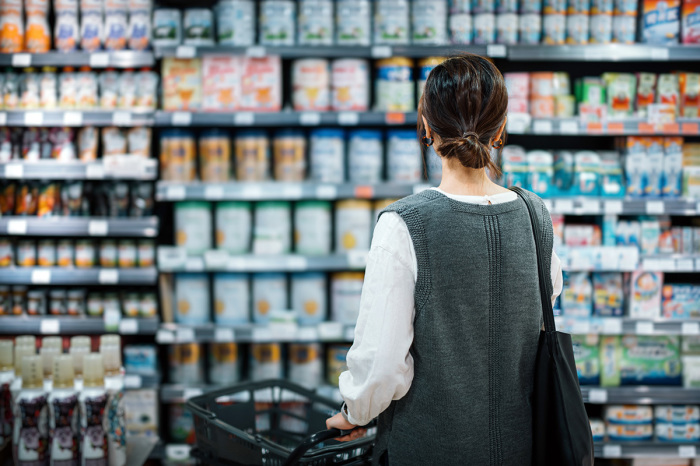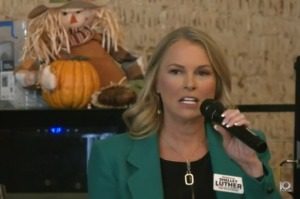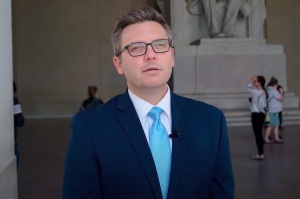US agency launches investigation into baby formula shortages

In response to baby formula shortages that prompted widespread panic among parents since the beginning of last year, the Federal Trade Commission has launched an inquiry into the matter and invites public comments from those affected by the shortages and scams related to the scarcity of infant formula.
The FTC issued the call on Wednesday for public comments on a variety of topics considered relevant to the shortages, including families who might have experienced scams when attempting to purchase formula or families who might have been forced to pay an “exorbitant price” for formula online.
The federal agency also called for public comments about potential regulatory barriers that prevented companies outside the United States from “entering the formula market” and how Food and Drug Administration regulations might have contributed to the shortage.
"We have been monitoring and will continue to monitor the ongoing infant formula shortage, which is causing enormous anxiety, fear, and financial burden for American families," FTC Chair Lina Khan said in a Wednesday statement.
"The FTC is launching a public inquiry to identify the factors that contributed to the shortage or hampered our ability to respond to it. Learning from this experience can help determine how we can minimize the risk of similar shortages in the markets for other life-sustaining products."
The FTC’s mission is consumer protection and antitrust laws, which prohibit business practices that “unreasonably deprive” consumers of competition, leading to higher prices.
The call for public comment comes after the FDA closed an Abbott Nutrition plant in Sturgis, Michigan, last year. Abbott is a major baby formula manufacturer.
To address the shortage, the Biden administration announced in May of last year that it was working to ensure baby formula was "safe and available" for families across the country. The Biden administration claimed at the time that one of its strategies to increase formula access included making it easier for low-income families to purchase it through the Women, Infants and Children (WIC) program administered by the USDA.
Another plan involved having state attorneys and the FTC investigate "unfair market practices," such as individuals buying up formula at stores and selling it for an increased price online.
At the same time last year, the FDA stated in a press release that before the voluntary recall of baby formula at the Abbott Nutrition facility, the agency was working to resolve supply chain issues created by the COVID-19 pandemic lockdowns.
The agency indicated it would "dedicate all available resources to help ensure that infant formula products remain available for use in the U.S. and will keep the public informed of progress updates."
“We recognize that many consumers have been unable to access infant formula and critical medical foods they are accustomed to using and are frustrated by their inability to do so. We are doing everything in our power to ensure there is adequate product available where and when they need it,” said FDA Commissioner Robert M. Califf in a statement at the time.
“Ensuring the availability of safe, sole-source nutrition products like infant formula is of the utmost importance to the FDA. Our teams have been working tirelessly to address and alleviate supply issues and will continue doing everything within our authority to ensure the production of safe infant formula products.”
In an effort to help parents impacted by the shortage, U.S. Rep. Beth Van Duyne, R-Texas, launched the DFW Baby Formula website last year. The now-expired website allowed users to sign up to post the addresses of stores that had formula and which brands they have in stock.
"I am committed to doing the work [Biden] continually fails to accomplish. Infants across North Texas are hungry today, and I am focused on using all the available resources to ensure their bottles are full," Van Duyne wrote in a statement last year announcing the website's launch.
Samantha Kamman is a reporter for The Christian Post. She can be reached at: samantha.kamman@christianpost.com. Follow her on Twitter: @Samantha_Kamman




























